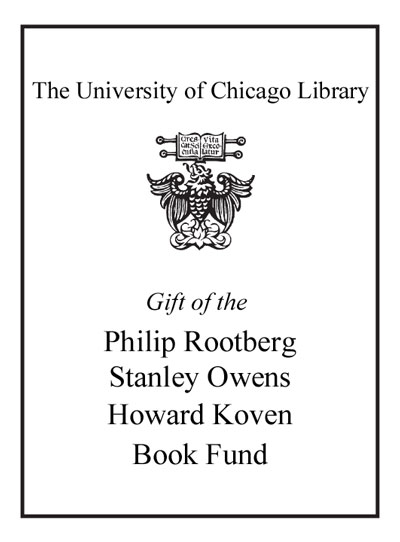Review by Choice Review
This unique collection of three essays on the 1956 Soviet military intervention in Hungary uses recently unclassified material from the Soviet archives. The essay by Russian military historian Alexander Kirov concludes that the major lesson of 1956 is that the Russian military should not again oppose popular sentiment in a country. The two editors, Hungarian military historians, contribute an essay outlining their own view of events. In contrast, former Soviet Special Army Corps Chief of Staff Y. I. Malashenko offers his recollections of events in which he was a key participant. His observations are based on memories of oral communications of the invading military force rather than on written documents. Unlike Gyorkei and Horvath, he downplays the atrocities committed by the Soviet military; he characterizes the Hungarian reformers as a mixed bag of former Horthyites, Westerners, and counterrevolutionaries; and he depicts some elements of the Hungarian military as cooperating with the Soviet military. Readers may want to examine The Soviet Union and the Czechoslovak Army, 1948-83 (1984), by Condoleezza Rice, for a more formal academic analysis of the relationship between a reformist communist state and an invading army. Although the controversies generated are stimulating, the book under review contains such different methodologies that dependable conclusions are difficult to develop. J. W. Peterson Valdosta State University
Copyright American Library Association, used with permission.
Review by Choice Review

